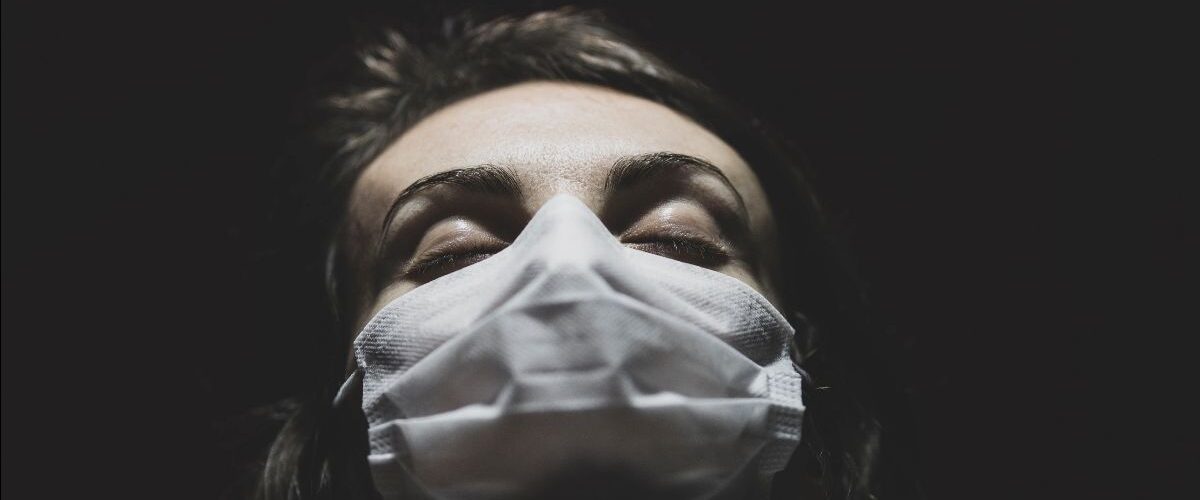
As we ring in the New Year, with hopes, goals, and challenges in mind, medical laboratory professionals continue to respond and adapt with inspiring tenacity to assure quality patient testing. Self-care has never been so important to minimize burnout and promote a more sustainable workplace. We hope what we share below encourages you to share with us how you and your team cope with stress through adaptive strategies like resource-sharing, self-care, and storytelling. Please share with us by replying by email at ptservice@slh.wisc.edu.
As we challenged assumptions about our own ability to adapt and learn new ways of working, we forged through some of the most difficult realities of our working life during the COVID-19 pandemic. Our individual and collective journeys as laboratory professionals have taught us lessons to help us adapt to difficult situations and conditions, or have taught us that a different career trajectory is possible, and needed, for our own well-being.
Should we decide that we might survive and thrive better in healthcare settings than in other workplace settings, finding healthy coping mechanisms has been integral to minimizing burnout and compassion fatigue, beyond the other immediate health problems that have come with the job throughout this pandemic.
According to an article published in July 2020 in the American Journal for Infectious Control, the primary ways that healthcare professionals managed best to cope with the stresses of their jobs included:
limiting their own exposure to media coverage and social media; limiting sharing their COVID-19 duty details with loved ones and community members; coping through religious practices and spiritual communities; and building capacity for altruism and empathy. Based on studies like these, the Centers for Disease Control and Prevention also recommends and provides some tips for adapting healthy coping strategies to manage stress, avoid physical or mental fatigue, and build resilience.
It is important to validate your feelings and experiences first in order to be able to recognize the need for self-care, indicates The U.S. Substance Abuse and Mental Health Services Administration (SAMHSA) in an article they released in July 2020. In their article, SAMHSA points out the signs of disaster-related distress and compassion fatigue; and offers tips and resources for getting help. They offer a downloadable pdf on their website; and it is suggested to print out the last page regarding resources and post it somewhere in your facility.
Regardless of our job titles, we all have important contributions to make to the stream of life and the web of humanity. As medical laboratory professionals and healthcare professionals, dealing with the unsustainability of work conditions present challenges that no human should be asked to overcome, and yet you have. How have you and your team promoted a more sustainable workplace through adaptive strategies like resource-sharing, self-care, and storytelling? Please share with us by replying by email at ptservice@slh.wisc.edu.

